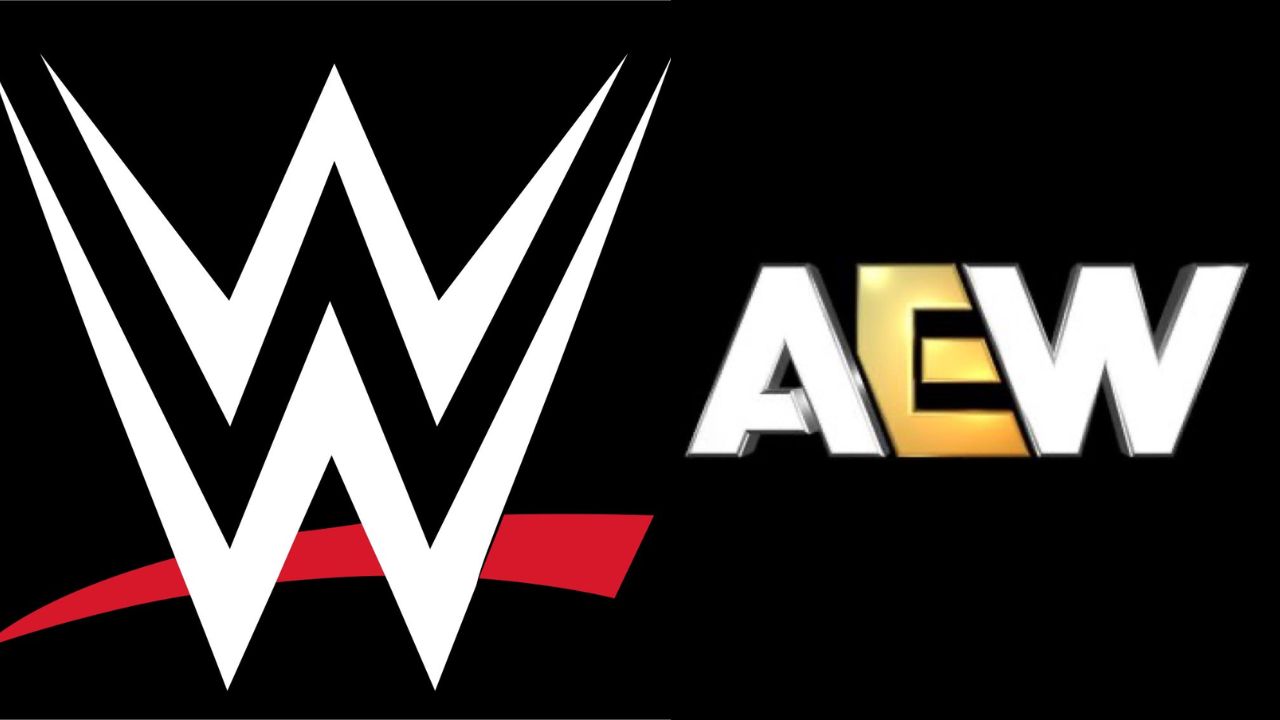A Serious Lawsuit Against WWE and AEW: Allegations of Plagiarism and the Court Battle
A lawsuit claims that AEW and WWE stole intellectual property.
Anthony Duane Wilson has launched a high-profile lawsuit against both AEW and WWE for plagiarism, which is a stunning turn of events for the professional wrestling business. The lawsuit, which has drawn attention from the wrestling community, charges both businesses with utilizing Wilson’s intellectual property—which includes names, slogans, likenesses, and wrestling gimmicks—without getting his permission.
Wilson makes important claims in his lawsuit, claiming that AEW and WWE not only stole his ideas but also interfered with his attempts to start his own wrestling business. He alleges that their behavior has seriously harmed his financial situation, reputation, and marketability. Wilson is requesting the restitution of his intellectual property and $250 million in damages as part of his legal action.
Lawsuit Rejected Due to Errors in the Law and Attempts to Refile
Wilson’s claim was dismissed by Judge Benita Y. Pearson on November 3, 2023, for procedural violations. The lawsuit was dismissed because neither WWE nor AEW received legal papers within the 90-day window stipulated under the law. Wilson has refiled the lawsuit despite this setback, making sure that both wrestling companies are fairly served.
Wilson contends in his most recent filing that because of the amount at issue and the involvement of several states, his action is within federal jurisdiction rather than state authority. To give himself more time to submit his evidence, he has asked the court to reject petitions to dismiss the lawsuit and postpone the first hearing until after November 5, 2024.
Financial Restraints and Legal Strategy
Wilson argues in his answer to the requests for dismissal that the matter ought to be heard in federal court because of the significant damages and the defendants’ interstate commercial activities. He makes the case that the defendants acted with malice and on purpose, highlighting the importance of carefully reviewing the available data.
Wilson admits in his filing that his current Ohio prison sentence is making his financial problems worse. Given his low means and lack of access to legal resources, he argues that the American legal system shouldn’t force him to pay for legal assistance. Wilson wants more time to gather his evidence and make a stronger case, which is why he is seeking a postponement until November 5, 2024.
The Rules for AEW and WWE
Wilson’s case might have a significant impact on AEW and WWE, depending on its conclusion. Should the lawsuit be successful, it might establish a standard for resolving intellectual property issues in the professional wrestling sector. This lawsuit is an important step since it might have negative financial and reputational effects for both organizations.
Wilson notes that WWE has settled antitrust cases and other legal challenges in the recent past, which is suggestive of the company’s unethical business practices. WWE’s legal situation might get more complicated as a result of the case, and its business activities might come under further scrutiny.
Future Consequences and the Response of the Wrestling Industry
The possible ramifications of Wilson’s lawsuit are a topic of much discussion in the wrestling community. The outcome of this case will be closely monitored by fans and industry insiders since it has the potential to drastically alter the way that intellectual property disputes are handled in the wrestling industry.
Wilson’s claims and the ensuing legal dispute highlight the continuous difficulties in preserving originality and safeguarding creative works in the entertainment sector. This case serves as a reminder of the difficulties and potential legal repercussions surrounding intellectual property in professional sports and entertainment, particularly as WWE and AEW continue to rule the wrestling world.
An Important Case to Monitor
Anthony Duane Wilson filed a lawsuit against AEW and WWE, which is a complicated and high-stakes legal dispute with potentially significant ramifications. The accusations of intellectual property theft and the accompanying legal actions demonstrate how difficult it is for artists to safeguard their creations in a field that is changing quickly.
Wilson’s will to pursue this lawsuit is indicative of a larger problem with intellectual property rights in entertainment, although his financial limitations and incarceration present substantial obstacles. The verdict in this lawsuit may establish a standard for handling situations of a similar nature in the future, which would have an effect not only on AEW and WWE but also on the creative industries as a whole.
The legal profession, fans, and the wrestling world will all be closely monitoring this case’s developments. Whether Wilson’s allegations are proven true or not, the court case is a powerful illustration of the difficulties faced by authors in defending their intellectual property. It will be interesting to watch how the court resolves the problems at hand and what effect it might have on the wrestling business as a whole as the case develops.




